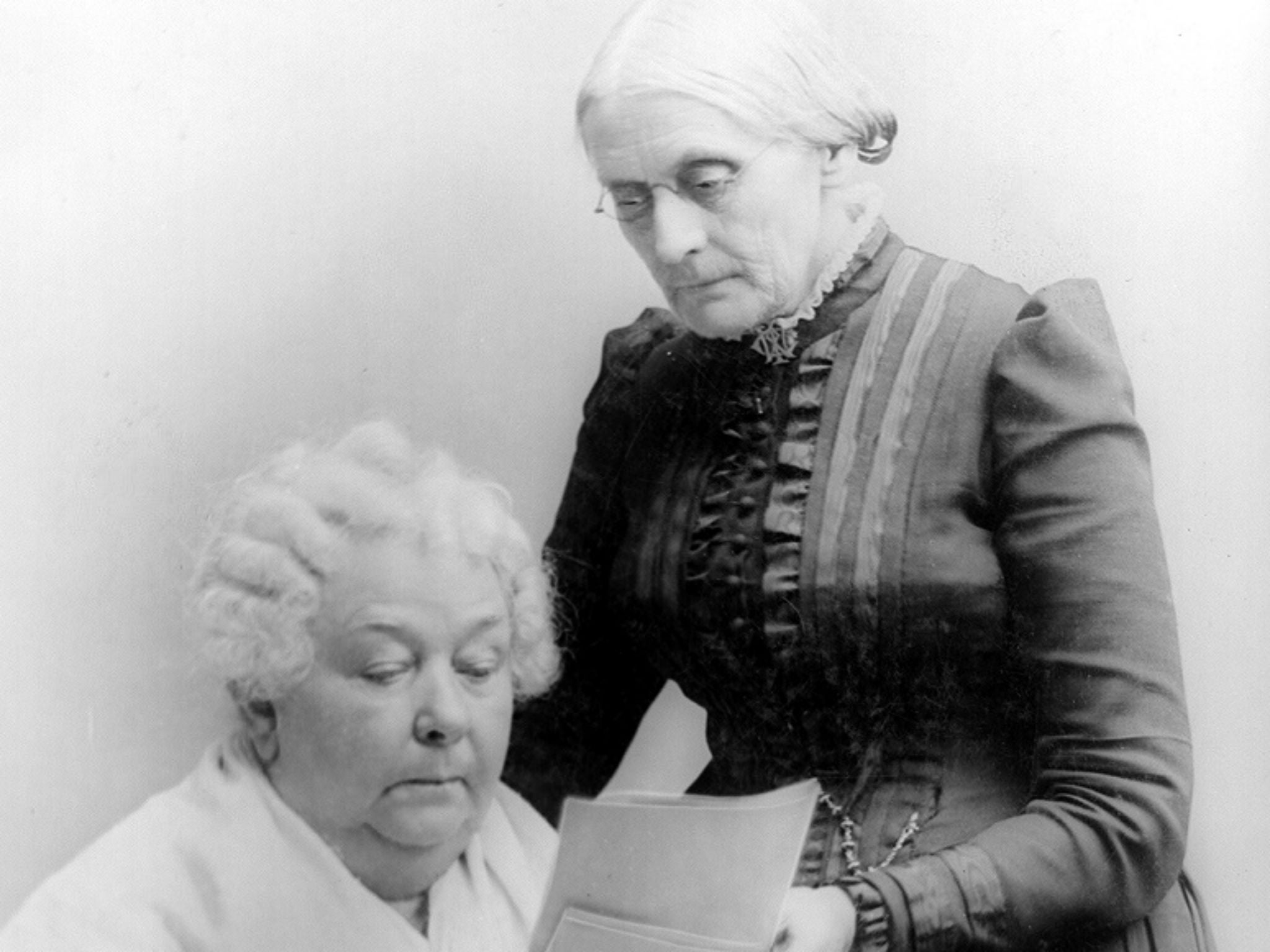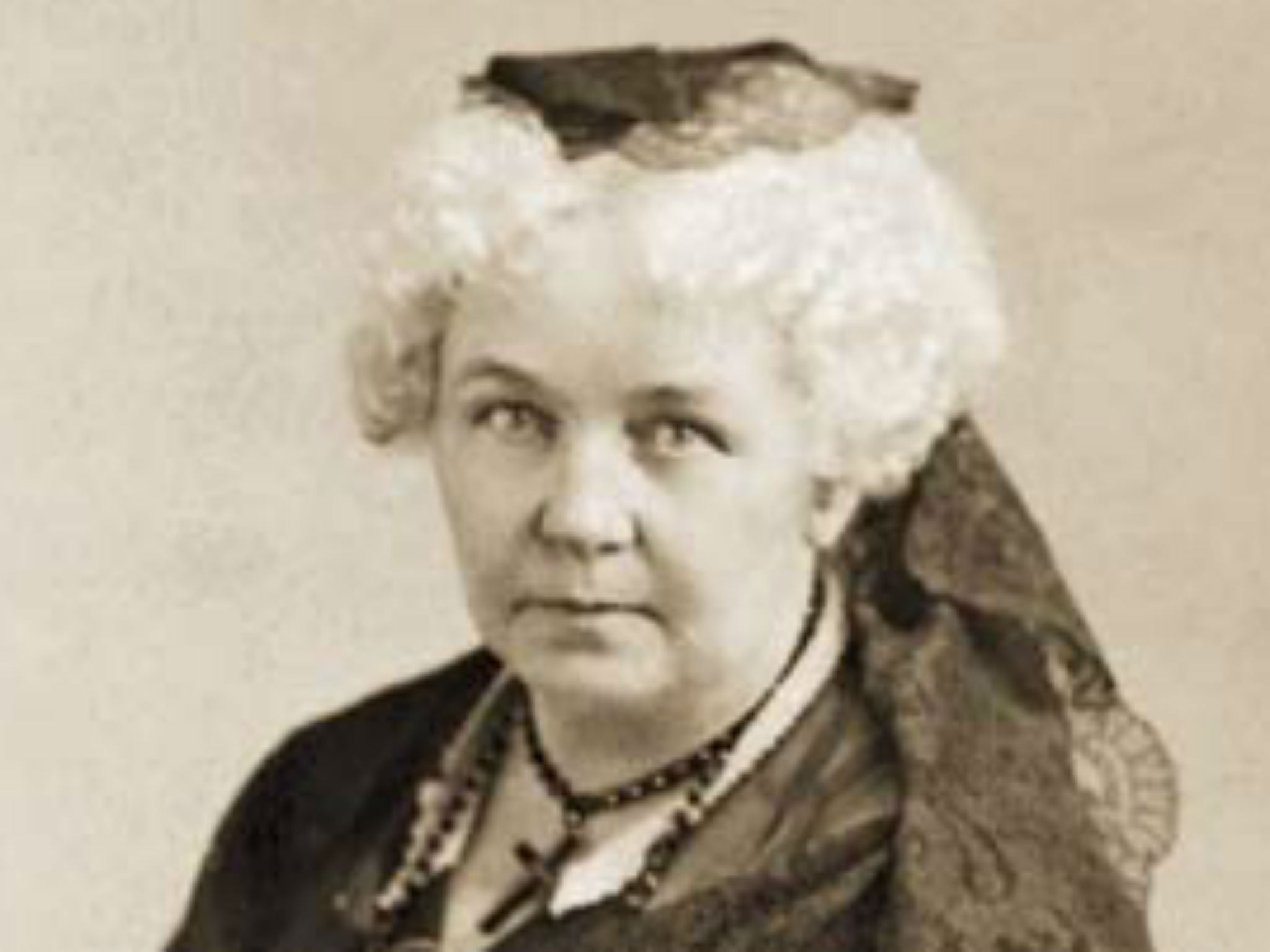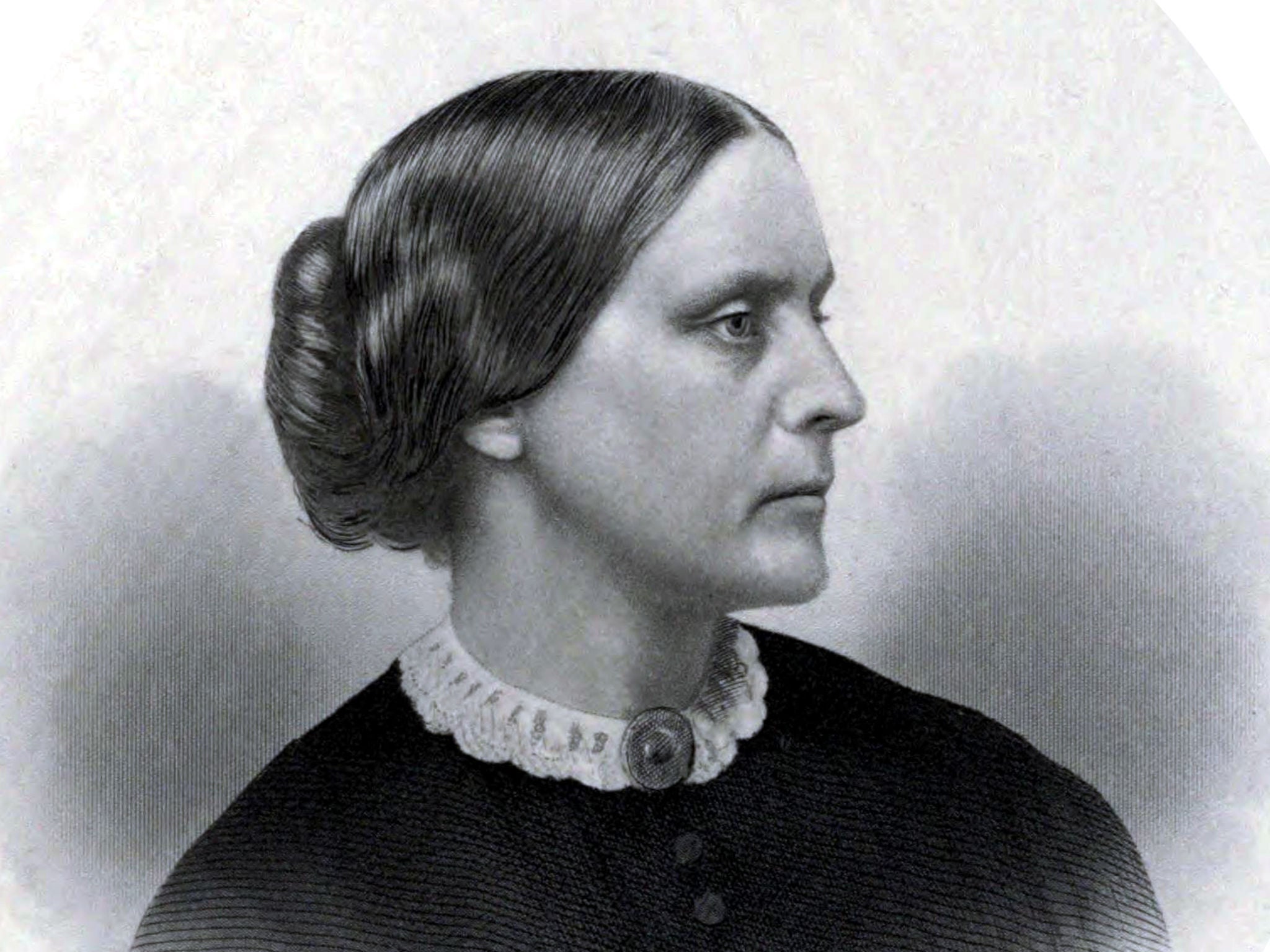International Women's Day 2016: Who were Elizabeth Cady Stanton and Susan B. Anthony?
The life-long friends who put votes for women at the forefront

Your support helps us to tell the story
From reproductive rights to climate change to Big Tech, The Independent is on the ground when the story is developing. Whether it's investigating the financials of Elon Musk's pro-Trump PAC or producing our latest documentary, 'The A Word', which shines a light on the American women fighting for reproductive rights, we know how important it is to parse out the facts from the messaging.
At such a critical moment in US history, we need reporters on the ground. Your donation allows us to keep sending journalists to speak to both sides of the story.
The Independent is trusted by Americans across the entire political spectrum. And unlike many other quality news outlets, we choose not to lock Americans out of our reporting and analysis with paywalls. We believe quality journalism should be available to everyone, paid for by those who can afford it.
Your support makes all the difference.On International Women’s Day it is important to remember the women who tirelessly campaigned for even the most basic of freedoms which are easily taken for granted today.
That seems to be what many people are doing today. According to Google Trends the two most searched for individuals on International Women’s Day are Elizabeth Cady Stanton and Susan B Anthony - two prominent US Suffragists.
The 19th amendment, which ruled no US citizen can be barred from voting on the basis of sex, was passed in 1920. This was two years after the Representation of the People Act was passed in the UK which allowed women who owned property or were married to property owners to vote. The suffrage was then extended to all women in 1928.
Together Stanton and Anthony were a force to be reckoned with. They co-founded organisations including the Women’s Loyal National League, the American Equal Rights Association and the National Woman Suffrage Association. As well as campaigning for women’s rights, both Stanton and Anthony were prominent activists for abolishing slavery.
Elizabeth Cady Stanton was president of the National Woman Suffrage Association from 1892 until 1900. Stanton travelled across the US giving speeches and urged young women to get an education. She also lobbied on property rights, employment rights and divorce reform for women. She became the first woman to run for congress in 1866. Although unsuccessful, she paved the way for many future female politicians.
It was her stirring speeches which grabbed attention, such as the speech on “destructive male” given in 1868 at the Women’s Suffrage Convention where she advocated women’s involvement in decision-making to counter that of men’s and called a man’s government “civil, religious and social disorganisation”.

“Society is but the reflection of man himself, untempered by woman’s thought; the hard iron rule we feel alike in the church, the state and the home.
“No one need wonder at the disorganisation, at the fragmentary condition of everything, when we remember that man, who represents but half a complete being, with but half an idea on every subject, has undertaken the absolute control of all sublunary matters.”
Susan B. Anthony met Stanton in the 1850s. As well as the issue of female suffrage, Anthony lobbied for equal education opportunities and equal pay. She also campaigned for property rights and equality within marriage - in 1860 the New York Married Woman’s Property Bill was enshrined allowing women to have their own property and custody of their children.

In 1872, Antony gained widespread public interest after she was the subject of a court case for attempting to vote in the presidential election. She was found guilty of ‘illegal voting’ but used the platform to embark on a speaking tour, ensuring as many people as possible heard her side of the story.
Stanton and Anthony became lifelong friends and after Stanton’s death in 1902, she apparently told a reporter: “For fifty years there has been an unbroken friendship between us.” When asked what period of their lives they enjoyed the most, she said: “The days when the struggle was the hardest and the fight the thickest; when the whole world was against us and we had to stand the closer to each other.”
Join our commenting forum
Join thought-provoking conversations, follow other Independent readers and see their replies
Comments